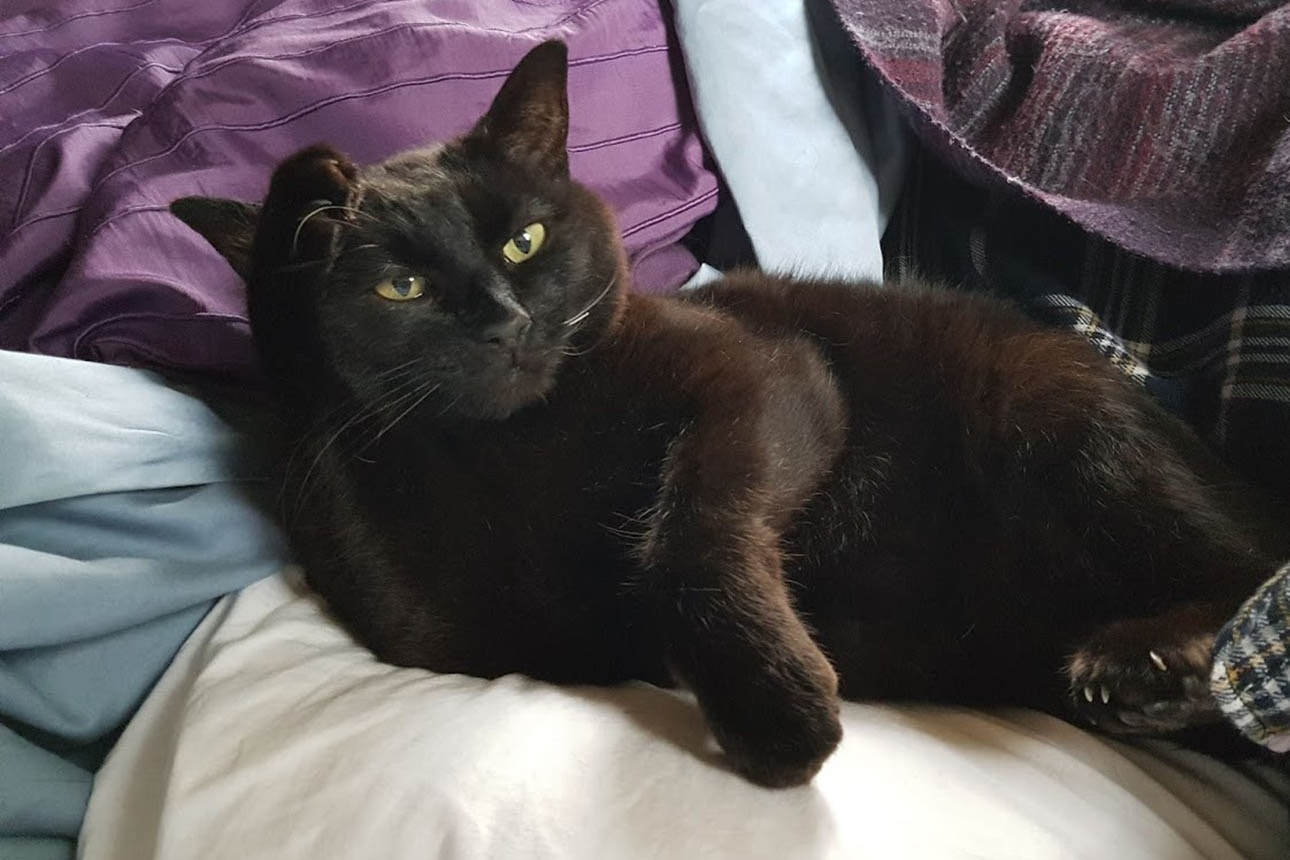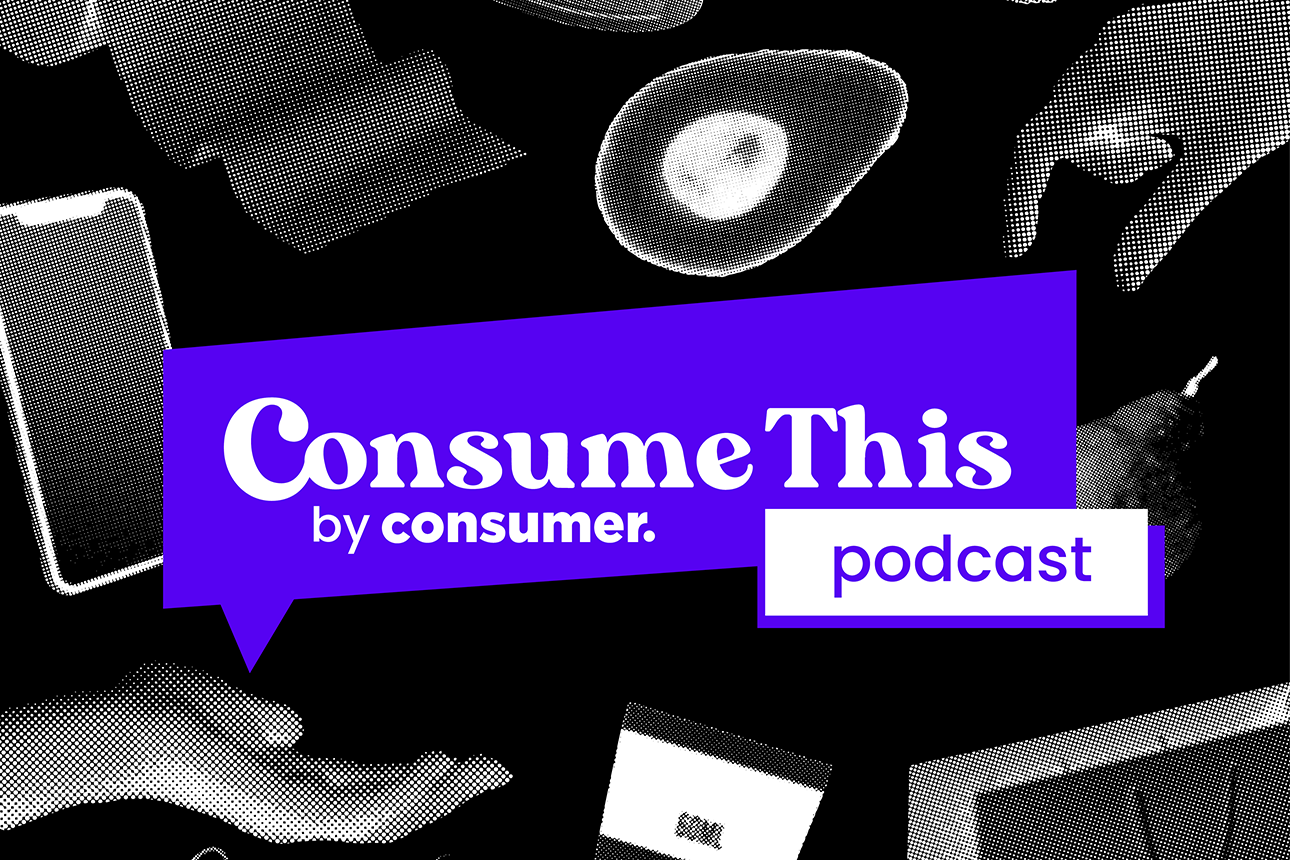
By Antoinette Spicer
Former Research Writer | Kaituhi Rangahau
When Christchurch resident William booked a 10km trip through ride-share app Ola, the company estimated it would cost $23 to $25 to get him to his door. But he ended up being charged $77 – three times the expected price.
When William complained, Ola refunded him just $6.49, claiming there was “high demand” at the time he booked and this was reflected in the increased fare.
Auckland customer Michael was chased by Ola for $148, for a ride estimated at $25 to $30. Threatened with a $44 debt collection fee, Michael paid up.
Ola had a change of heart after we got in touch. Ola NZ director Brian Dewil said as a “gesture of goodwill” it would refund both customers the extra they’d paid.
Ride-share complaints
Ride-share companies have done a stellar job promoting their services and cutting into a market that was once dominated by big taxi firms.
But they’re also racking up complaints from customers.
Since November 2018, the Commerce Commission has fielded 76 complaints about ride-share companies. Most were about pricing and advertising claims.
Ola notched up 39 complaints. Competitor Uber was next with 36. Zoomy had just one complaint.
Ola has already received a letter from the commission, reminding it of its obligations under the Fair Trading Act. In 2019, the commission wrote to the company outlining complaints alleging behaviour – including overcharging and discounts not being honoured – that risked breaching the act.
Ola and Uber have also attracted the attention of Waka Kotahi NZ Transport Agency (NZTA) over complaints about driver behaviour. Regulations require drivers carrying fare-paying passengers to pass both driving and criminal history checks.
Of 320 complaints since 2019, 60 were serious enough for NZTA to revoke or suspend the driver’s passenger licence. Forty-one of the 60 were Uber drivers while 13 were driving for Ola. The remaining six were Zoomy drivers.
How they operate
Ride-share companies get you from A to B, just like a taxi. But their business model is a lot different to how taxi cabs used to operate.
Everything is done through an app; it’s how you book your ride and pay. You need to load your credit or debit card details on to the app so the company can collect the fare.
Unlike a taxi with a meter, there’s no fixed tariff per km. You get a price for your trip when you book. If “surge pricing” is in place, you could pay a premium: that’s because fares rise if there’s high demand.
Ride-share operators state customers will be told if surge pricing is in play. But we’ve heard complaints from consumers – like Michael and William – who say they weren’t informed.
Others have been given wrong information about their rights to dispute a charge, such as being told they needed to lodge a complaint within 72 hours.
Questionable terms
Our review of companies’ terms and conditions found a couple of questionable clauses.
Zoomy’s terms and conditions stated a “non-refund policy shall apply at all times”, regardless of “any reason whatsoever”.
However, that’s at odds with customers’ rights under the Consumer Guarantees Act (CGA). The act requires companies to provide services with reasonable care and skill. When they fail to do so, you’re entitled to a remedy – and that may include a refund.
Zoomy founder James Fisk removed the term.
We also found an alarming clause in Ola's terms and conditions, stating customers granted the company a licence to “commercially exploit” their content including any materials posted or transmitted through their mobile phone.
Director Brian Dewil said Ola only has access to data that customers provide through its app. Dewil said it would review its terms and conditions.
Your rights
When you book a ride-share, check the price and confirm it with the driver when they arrive.
Also check the driver has an identification card (with a recent photograph of them). The vehicle should have a certificate of fitness (CoF) and a passenger transport licence label (located on the bottom left-hand corner of the windscreen). People who work as a ride-share driver without these certifications face a fine of up to $10,000.
Been overcharged? If you’re overcharged, or charged for a ride you didn’t take, request a refund. If the company refuses, contact your bank to ask about a chargeback – a refund to your credit or debit card.
Alternatively, you can file a claim for a refund in the Disputes Tribunal.
If you think the company has misled you about the price of its service, make a complaint to the Commerce Commission. Let us know too – email [email protected].
Concerned about the driver’s behaviour? Contact NZTA. It investigates complaints about driving, licensing and safety.
Record details to support your complaint. Try to include the time, date and location, and the vehicle’s registration number or the driver’s name on their ID card.
If you’re worried about your safety, contact the police.
Uber drivers: employees or contractors?
Last year, former Uber driver Atapattu Arachchige went to the Employment Court seeking a declaration he was an employee so he could pursue a claim for unjustifiable dismissal. The court ruled Arachchige was a self-employed contractor, stating Uber didn’t direct or control when or how he worked.
However, an upcoming case is seeking to challenge that. In July, the E tū union and First Union filed a case in the Employment Court on behalf of more than 20 Uber drivers, seeking to have them declared employees rather than contractors.
Self-employed contractors aren’t entitled to holiday pay or sick leave. They also have no rights if they find themselves unfairly dismissed.
In February, a landmark UK ruling concluded Uber drivers worked for the company under “workers’ contracts”. It found they were entitled to benefits such as paid holidays and minimum wages because Uber assigns their rates and rides and disciplines drivers based on ratings.
The court also found UK drivers must be paid for the hours they're logged in to the Uber app, regardless of ride demand.


